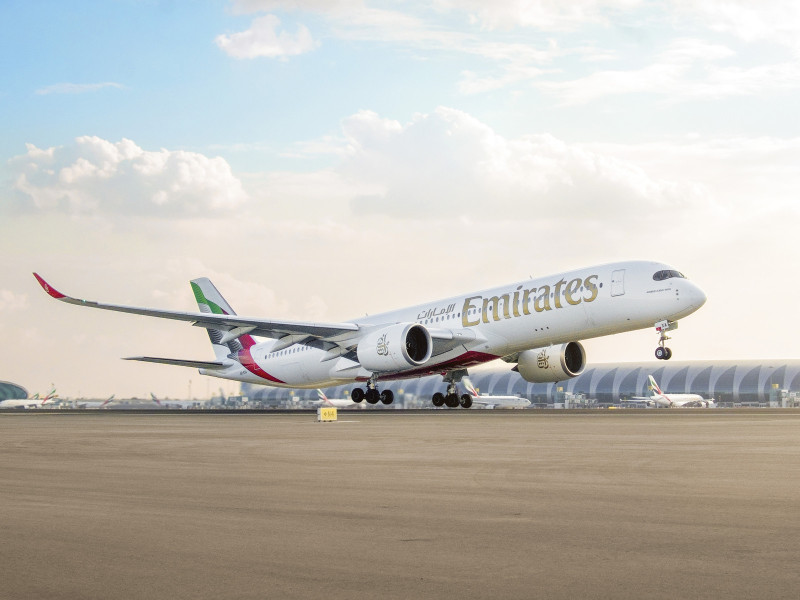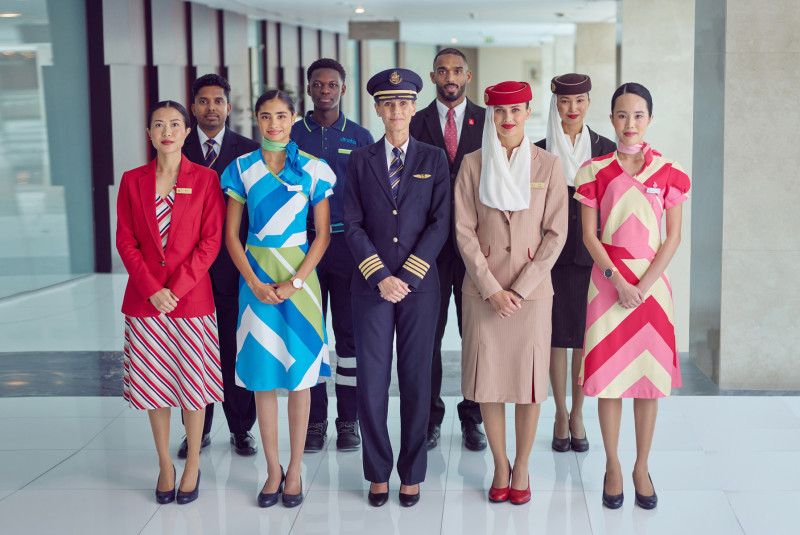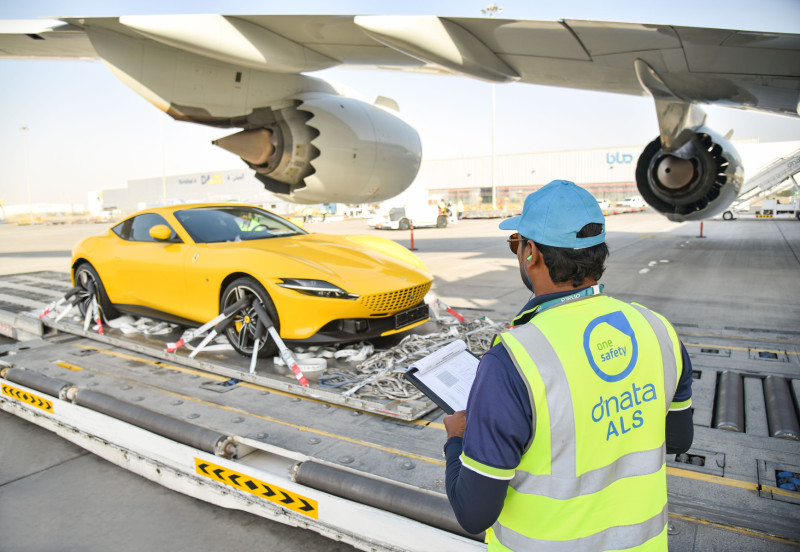
Passengers aboard Air India Express flight IX196 from Dubai to Jaipur faced a harrowing ordeal as they were kept inside the aircraft for over five hours without air conditioning amid sweltering heat at Dubai airport.
The flight, scheduled to depart at 7:25 PM on June 13, was delayed until 12:45 AM the following day. During this prolonged wait, passengers including elderly individuals and children were seen visibly sweating and struggling to stay comfortable in the cabin, where temperatures reportedly soared close to 40°C.
Videos shared on social media by passengers, including dietician and influencer Aarzoo Sethi, showed people fanning themselves with safety cards and pressing call buttons repeatedly, but receiving little to no assistance from the crew. Several elderly passengers complained of deteriorating health conditions due to the heat, and passengers alleged that adequate water was not provided during the delay.
Passengers have demanded accountability from Air India Express management and the Directorate General of Civil Aviation (DGCA), citing serious safety concerns and lack of communication throughout the incident.
In response, an Air India Express spokesperson attributed the delay to air traffic control congestion caused by the closure of certain airspaces.
The airline denied any technical fault with the aircraft’s air conditioning system, explaining that when a plane remains on the ground with doors open in hot weather, the cooling effect may not be felt until after takeoff. The spokesperson also stated that cabin crew followed procedures by securing the cabin for departure and attended to passenger requests once airborne.
The airline expressed regret for the inconvenience caused by factors beyond their control and thanked passengers for their understanding.
The incident has sparked widespread criticism on social media, with calls for improved passenger care and accountability from the airline. The situation highlights ongoing concerns about passenger welfare during extended delays in extreme weather conditions.

































.jpg)
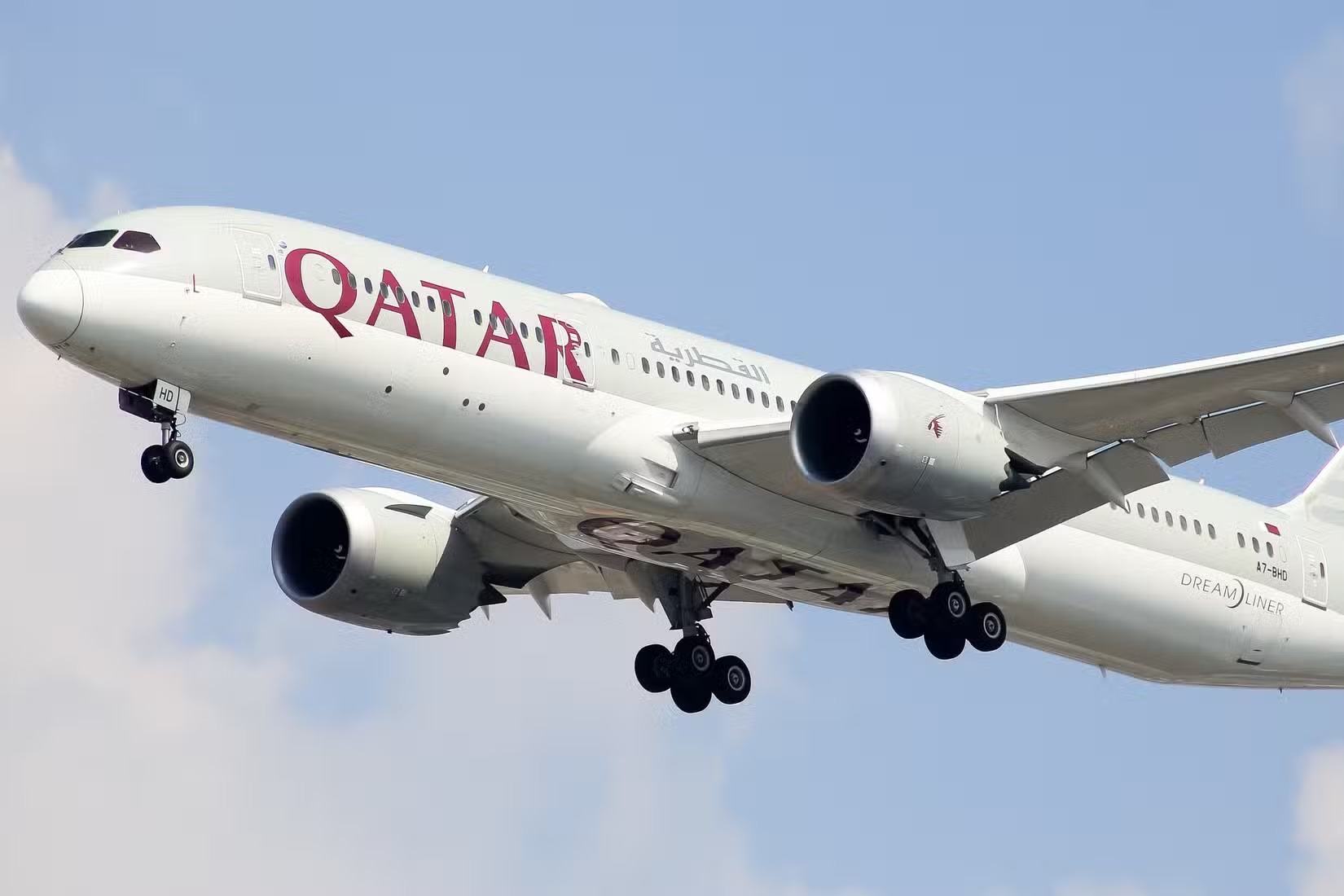
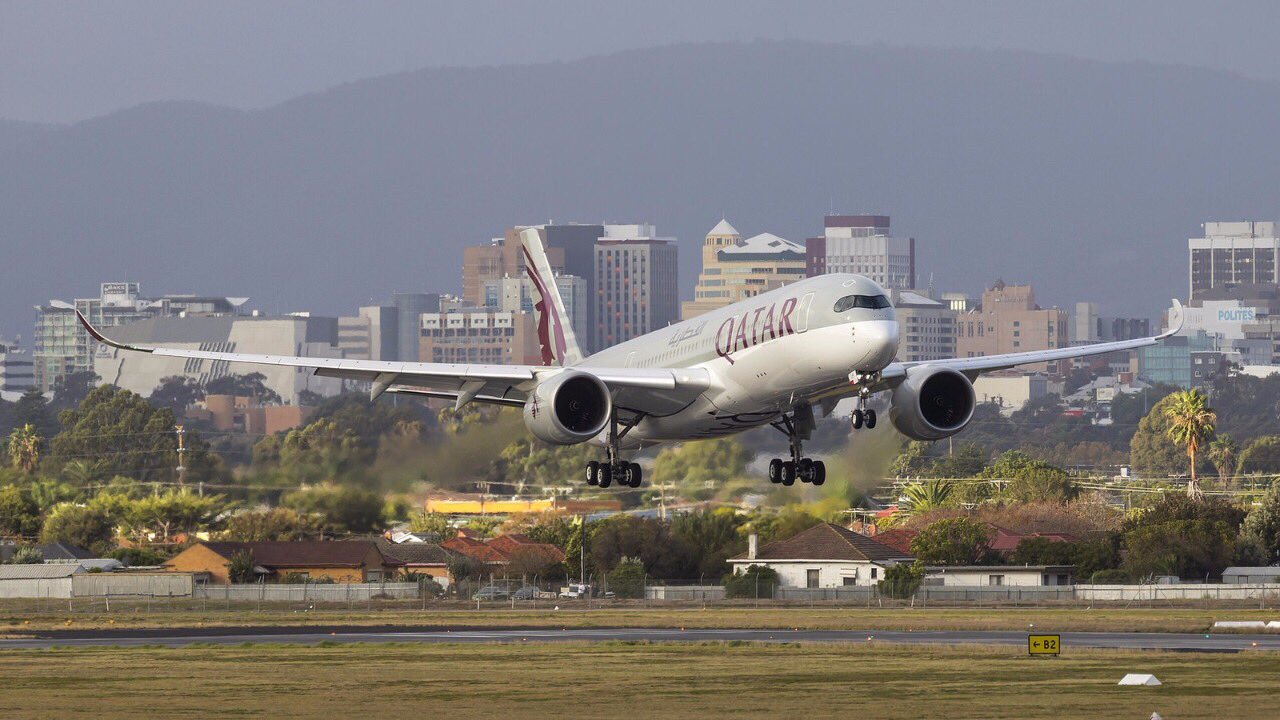


.jpg)






